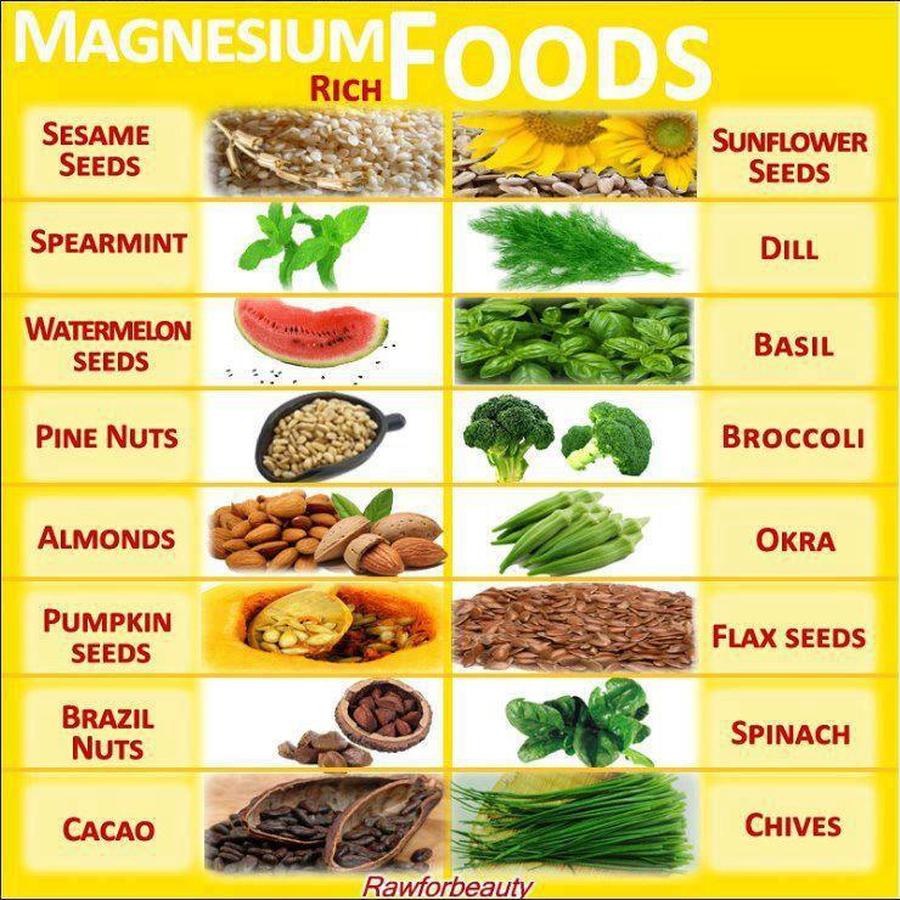
Magnesium, an abundant mineral in the body, is naturally present in many foods, added to other food products, available as a dietary supplement, and present in some medicines (such as antacids and laxatives). Magnesium is a cofactor in more than 300 enzyme systems that regulate diverse biochemical reactions in the body, including protein synthesis, muscle and nerve function, blood glucose control, and blood pressure regulation. Magnesium is required for energy production, oxidative phosphorylation, and glycolysis. It contributes to the structural development of bone and is required for the synthesis of DNA, RNA, and the antioxidant glutathione. Magnesium also plays a role in the active transport of calcium and potassium ions across cell membranes, a process that is important to nerve impulse conduction, muscle contraction, and normal heart rhythm.
There are many ways in which Magnesium is lost from the body, e.g. alcohol, coffee, black tea, grains, soy, most pharmaceutical drugs, calcium supplements.
Benefits of Magnesium:
1. Better sleep - The sleep regulating hormone melatonin is disturbed when Magnesium is deficient. Furthermore, Magnesium brings balance and controls stress hormones. Stress and tension are often reasons why people suffer from insomnia in the first place.
2. Relaxes the nervous system - Serotonin, which relaxes the nervous system and elevates mood, is dependent on Magnesium.
3. Bigger, stronger muscles - Magnesium allows the body to produce more Insulin-like Growth Factor (IGF-1), which is a major contributor to the growth and strength of muscles. Furthermore, adenosine triphosphate (ATP) is the cell's energy store, and is created with help from Magnesium.
4. Better flexibility - Magnesium loosens tight muscles. Without Magnesium, muscles do not relax properly and cramps occur. Magnesium is important for flexibility, because low Magnesium results in a buildup of lactic acid, causing pain and tightness.
5. Bone integrity and strength - Magnesium helps to fix calcium properly. It may blow some people's mind that the calcium supplements they're taking are not only useless, but are actually contributing to osteoporosis! There are actually about eighteen essential nutrients that contribute to bone health; Magnesium is definitely one of the most essential, because it stimulates a particular hormone called calcitonin. And, it also suppresses a hormone called parathyroid that breaks down bone.
6. Remineralizes teeth - Magnesium deficiency causes an unhealthy balance of phosphorous and calcium in saliva, which damages teeth.
7. Alkalizes the body - Magnesium helps return the body’s pH balance. Magnesium reduces lactic acid, which is partly responsible for post-exercise pain (Delayed Onset Muscle Soreness).
8. Hydrates - Magnesium is a necessary electrolyte essential for proper hydration.
9. Helps to relieve constipation - Magnesium can be used to cleanse the bowels of toxins.
10. Enzyme function - Enzymes are protein molecules that stimulate every chemical reaction in the body. Magnesium is required to make hundreds of these enzymes work and assists with thousands of others.
11. Diabetes - Magnesium enhances insulin secretion, which facilitates sugar metabolism. Without Magnesium, glucose is not able to transfer into cells. Glucose and insulin build up in the blood, causing various types of tissue damage, including the nerves in the eyes.
There are many other benefits of Magnesium: It helps prevent stroke, heart disease, period pain, and more.
Food Sources of Magnesium
Magnesium is largely found in hemp powder (15x the amount found in broccoli), flax seeds, sunflower seeds, sesame seeds, almonds. Green leafy vegetables, such as spinach, legumes, pumpkin seeds, figs, avocado, potato, banana, and whole grains, are good sources.